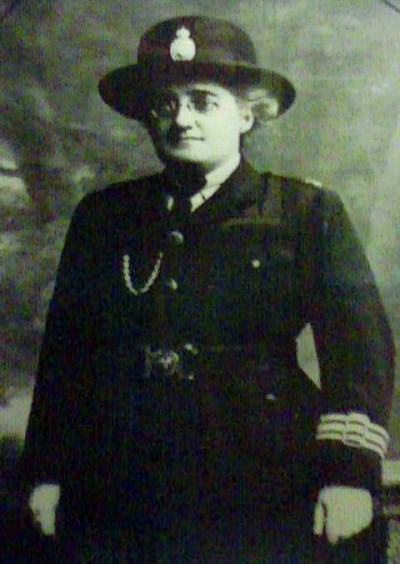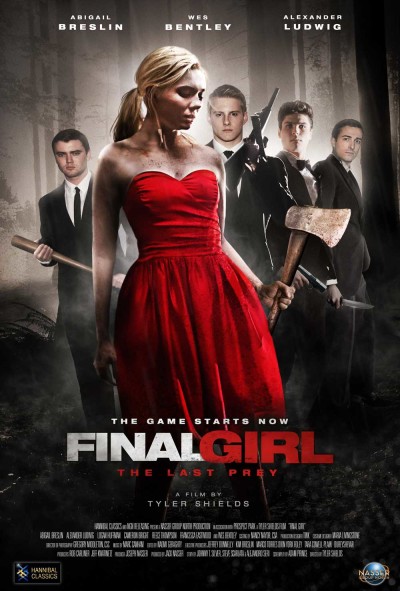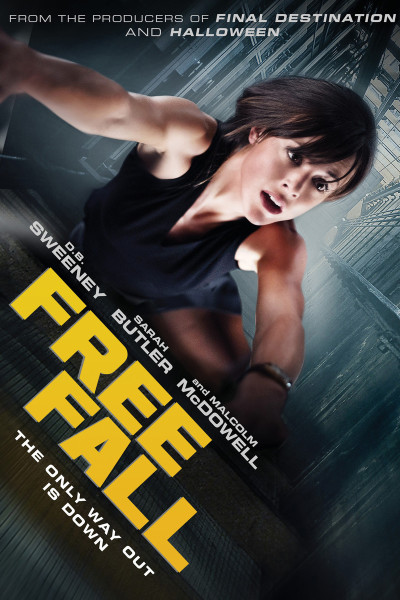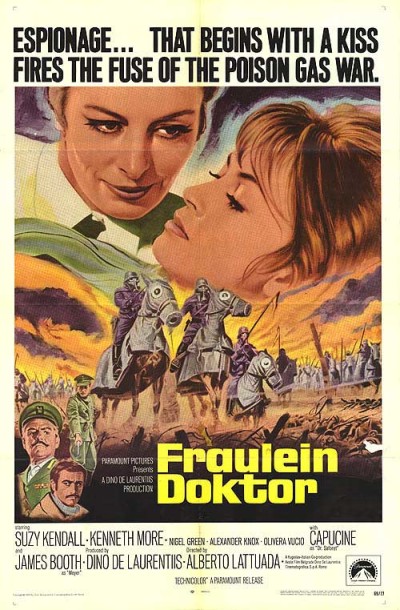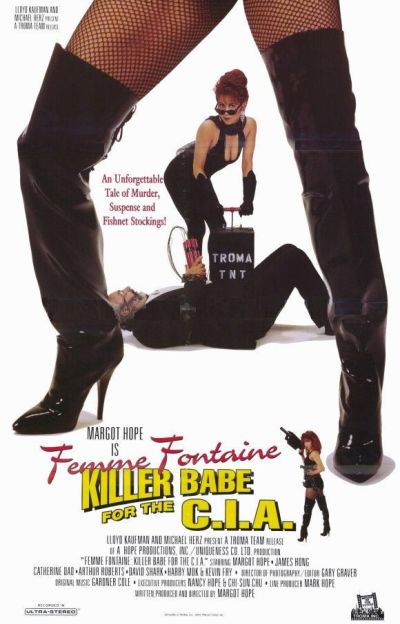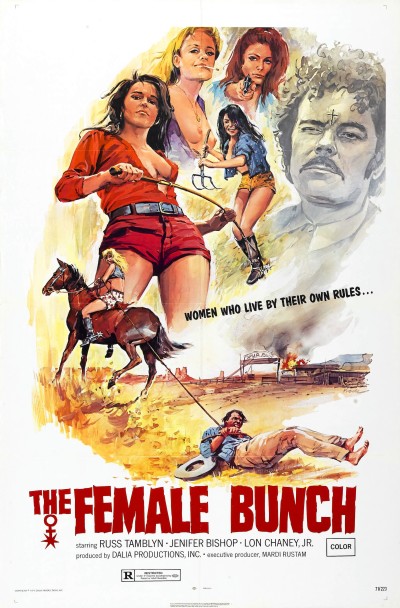★★★½
“For Fox’s sake…”
 Grittily disturbing, only some misplaced and failed stabs at comedy prevent this from likely being Leung’s best work ever. She plays rookie Hong Kong cop Jenny, following in the footsteps of her late father, who takes on an undercover mission aimed at trapping gangster Tung (Fung). While it succeeds, Tung escapes, and takes vengeance on Jenny, killing her uncle in brutal fashion. This, in turn, pushes her over the edge, and she teams up with his pimp-turned-informant (Chan), who is feeling aggrieved after having not received his promised reward from the authorities. The pair head to China, where Tung is hiding out, only for Jenny to rapidly wear out her welcome with the local cops and their commander (Guang). Worse is to follow, when Tung finds out they are on his tail, he begins a campaign of terrorism, culminating in wiring an entire shopping mall with explosives. He’s very fond of explosives…
Grittily disturbing, only some misplaced and failed stabs at comedy prevent this from likely being Leung’s best work ever. She plays rookie Hong Kong cop Jenny, following in the footsteps of her late father, who takes on an undercover mission aimed at trapping gangster Tung (Fung). While it succeeds, Tung escapes, and takes vengeance on Jenny, killing her uncle in brutal fashion. This, in turn, pushes her over the edge, and she teams up with his pimp-turned-informant (Chan), who is feeling aggrieved after having not received his promised reward from the authorities. The pair head to China, where Tung is hiding out, only for Jenny to rapidly wear out her welcome with the local cops and their commander (Guang). Worse is to follow, when Tung finds out they are on his tail, he begins a campaign of terrorism, culminating in wiring an entire shopping mall with explosives. He’s very fond of explosives…
The cover (right) is surely among the least accurate I’ve seen, depicting a frothy concoction mercifully not present – and the movie contains absolutely no pineapples at all, in case you were wondering. In particular, they really shouldn’t have tried to make Chan’s character any kind of comedic foil, because it just doesn’t work. During the early going, I was praying for his rapid, painful demise, though he does become more sympathetic in the second half. Fortunately, the other aspects outweigh the ill-considered negatives. Though this is one of only four films directed by Tung Wai (including an all time HK favorite, Magic Cop), he has a long pedigree as an action director – among his works previously covered here are Mulan, Reign of Assassins and The Assassin – and that’s when this movie shines. Particular standouts are a sequence in which Tung shows up at the apartment complex where our pair are hiding out, and the final battle up and down the insides of the mall.
It’s clear throughout that Leung is doing most, if not all, her own stunts; the sequence where she uses a sofa to escape a grenade blast is so realistic, you can virtually smell her singed eyebrows. It also helps that she isn’t portrayed as all at some kind of superwoman. Indeed, Tung is depicted as stronger, and far more brutal than the heroine, resulting in a genuine sense of peril for her – Jenny has to dig deep into her reservoir of tenacity simply in order to survive his onslaught, never mind prevailing over her nemesis. As well as the cover, the English-language title doesn’t do this justice, conjuring up a rather different set of images. While I get the sense of her going after a predator, something like Wolf Hunter might have been more appropriate, in terms of getting the hard-edged tone for which this aims.
Dir: Stephen Tung Wai
Star: Jade Leung, Jordan Chan, Ching Fung, Yu Rong Guang






